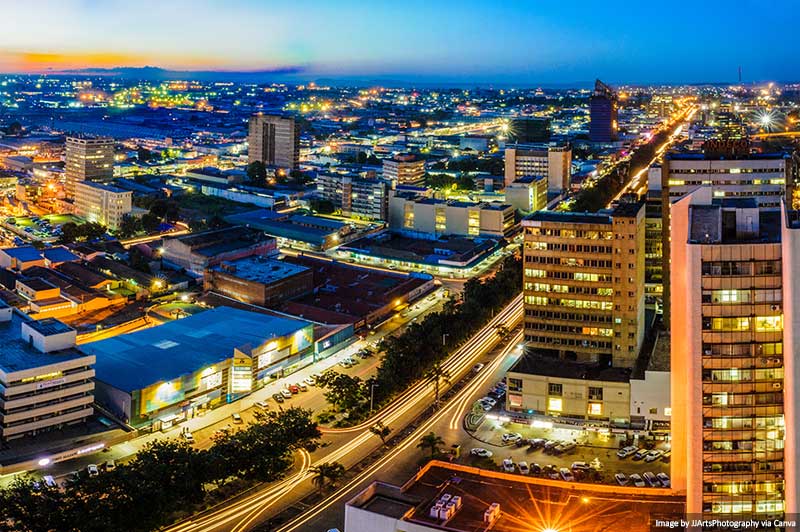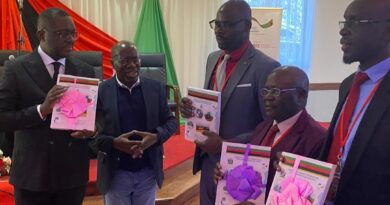World Bank Invests $137m to Boost Zambia’s Climate Resilience
More than 650,000 Zambians are set to benefit from expanded support for natural resource management and forest conservation under the second phase of the Transforming Landscapes for Resilience and Development (TRALARD II) project, backed by the World Bank.
The $137 million investment will improve the sustainable management of over 680,000 hectares of land across Zambia’s Miombo ecoregion while strengthening climate-resilient livelihoods, green jobs, and inclusive development.
“TRALARD II is a powerful example of how climate action can be community-driven and inclusive. By investing in climate-smart agriculture, restoring degraded landscapes, and modernising hydromet services, it will help Zambian communities enhance resilience to climate change,” said Achim Fock, World Bank Country Manager for Zambia.
Building on the successes of the first TRALARD project, the new phase expands to cover more vulnerable areas, including Southern Province. It will promote sustainable rural economic activities by strengthening value chains and market access while reducing pressure on natural resources.
The project will also boost participatory land-use planning, improve water resource management, and enhance meteorological services through the Zambia Meteorological Department, supporting accurate climate forecasting and early warning systems. In addition, new Community Forest Management Groups (CFMGs) will be established to protect forest reserves and empower local communities.
A jurisdictional Emission Reduction Programme will be developed to enable Zambia’s participation in carbon markets, generating revenue that can be reinvested into landscapes and livelihoods.
According to Elisson Wright, World Bank Senior Environmental Finance Specialist, “TRALARD II reflects the Bank’s commitment to Zambia’s climate goals by supporting community-driven, nature-based solutions. This whole-of-society approach will protect ecosystems while creating economic opportunities for rural households.”
The financing package comprises a $100 million grant from the International Development Association (IDA), complemented by contributions from several global funds, including the Global Environment Facility (GEF), the Least Developed Countries Fund for Climate Change (LDCF), the Africa Climate and People Trust Fund (ACP) supported by the Nordic Development Fund, the Strategic Climate Fund (SCF), and the Scaling Climate Action by Lowering Emissions Multi-Donor Trust Fund (SCALE).



